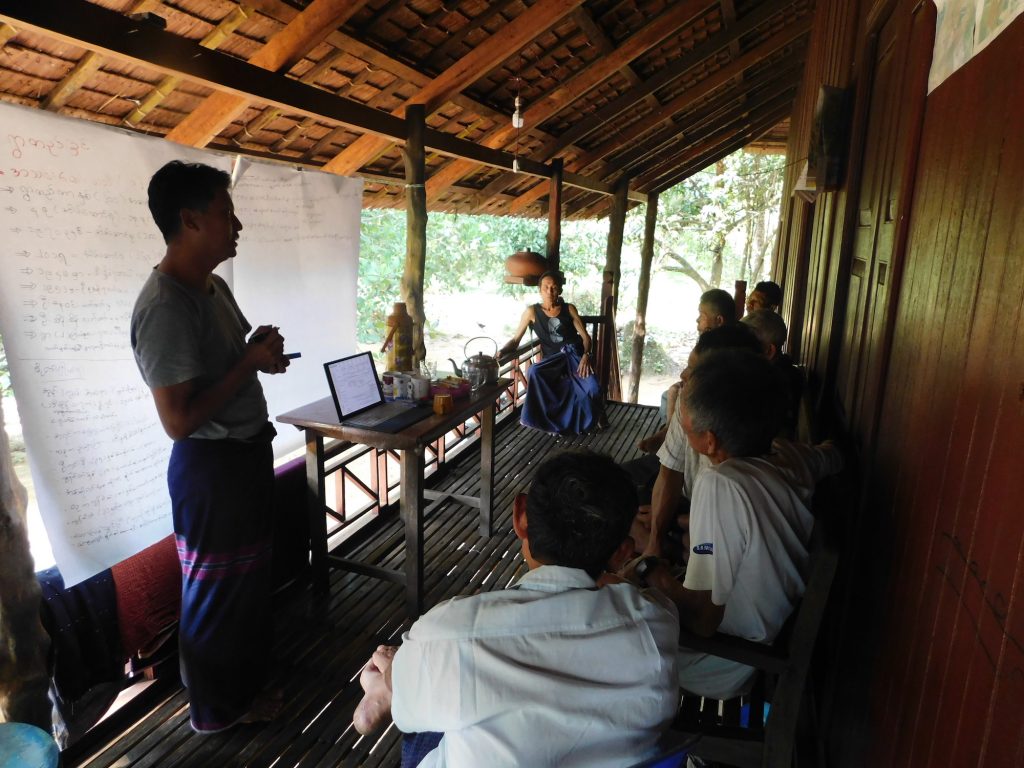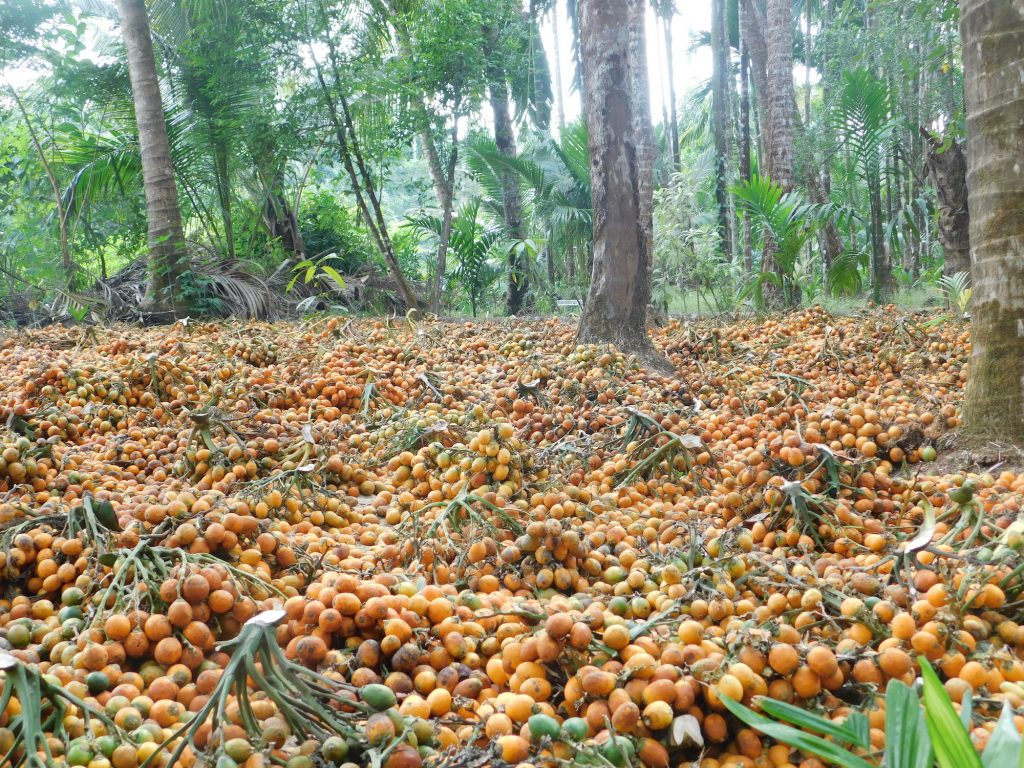ブータンにおける女性の宗教実践とライフコースの多元性
対象とする問題の概要 南アジア社会における女性研究では、世俗としての家族と現世放棄としての出家という二項対立的な女性のライフコース選択は自明のものとされてきた。特に、女性のセクシュアリティは危険なものとされ、家族や宗教といった制度によって…

Taninthayi region of Myanmar is blessed with natural mangroves which escaped from extensive degradation due to in accessibility and ethnic conflicts. With the improving security, transportation, and potentials of economic development projects, the coastal areas are under high priority of development that leads to extensive mangrove degradation. Therefore, the current ecological settings of mangroves reflected by local management and use patterns are studied for sustainable management.
To provide the baseline ecological information and management options based on three current status of mangroves for the development of effective policy and management strategies in line with the balance approach of sustainable economic development through resources conservation in Taninthayi region

Three mangrove ecological settings reflected by the different use patterns of local communities of Taninthayi Region was assessed. The primary mangrove forest under religious belief of Moken ethnics; local conserved mangroves under about 50 years management of Karen ethnics; and the destructed mangroves under the paddy field development of Mon ethnics; were understood.
The religious belief, the shipworms from Rhizophora spps was offered to their ancestors in two praying events of Moken ethnics, could be applied for conservation of primary mangrove forests. The conditions and changes of agricultural practices and livelihoods of Karen community and community based mangrove management were assessed along the sociopolitical transitions. The consequences of paddy field development and its abandonment in mangroves by Mon ethnics was observed from agroecological and sociopolitical viewpoints.
The field data analysis and preparation of academic paper publication will be continued.
Copyright © 附属次世代型アジア・アフリカ教育研究センター All Rights Reserved.